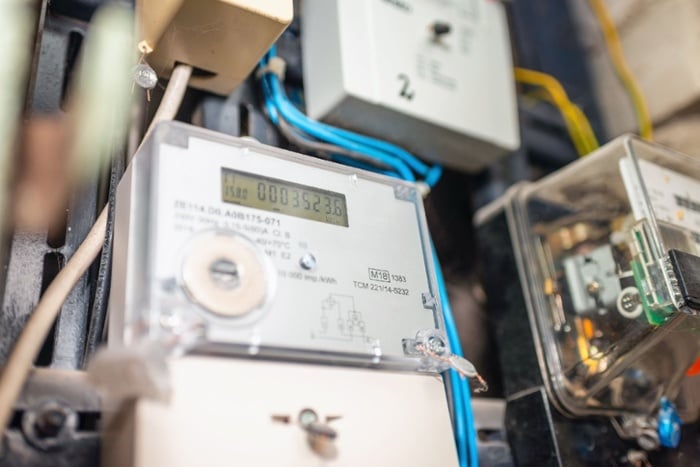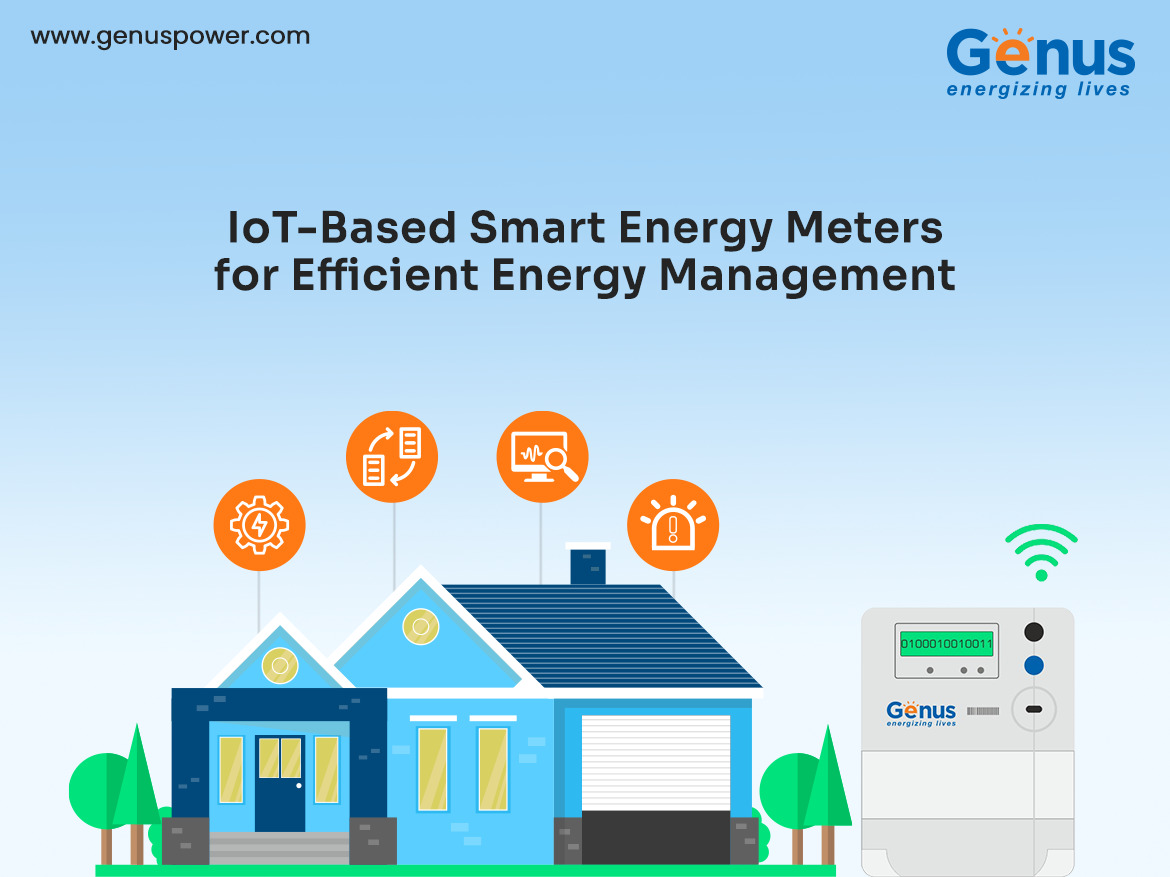Delving into the realm of energy market transformation, smart meters take center stage in revolutionizing how we monitor and manage energy consumption. Let's explore the groundbreaking impact of smart meters in reshaping the way we interact with energy resources.
Providing insight into the intricate workings of smart meters and their pivotal role in modernizing the energy sector, this article unveils a world of possibilities awaiting within the realm of energy efficiency and sustainability.
Overview of Smart Meters
Smart meters are advanced devices that track and record the consumption of electricity, gas, or water in real-time. Unlike traditional meters, smart meters provide detailed information on usage patterns, allowing for more accurate billing and monitoring of energy consumption.
Technology Used in Smart Meters
Smart meters utilize cutting-edge technology such as:
- Advanced Metering Infrastructure (AMI): Enables two-way communication between the meter and the utility company, allowing for remote readings and monitoring.
- Data Analytics: Utilizes data processing and analysis to provide insights into energy usage patterns and trends.
- Time-of-Use Pricing: Allows for dynamic pricing based on peak and off-peak hours, encouraging consumers to shift their energy usage to times of lower demand.
Benefits of Smart Meters in the Energy Market
Smart meters offer various advantages, including:
- Increased Energy Efficiency: By providing real-time data on energy consumption, smart meters empower consumers to make informed decisions to reduce waste and save money.
- Grid Optimization: Smart meters help utility companies better manage energy distribution, leading to a more reliable and resilient grid system.
- Environmental Impact: The data collected by smart meters can be used to promote renewable energy sources and reduce carbon emissions.
Impact on Energy Consumption

Smart meters play a crucial role in influencing consumer behavior towards energy usage by providing real-time data on energy consumption. This data empowers consumers to make informed decisions and adjust their energy usage habits accordingly, leading to reduced overall energy consumption.
Reduction in Energy Consumption
Smart meters have been instrumental in reducing energy consumption by giving consumers visibility into their energy usage patterns. Studies have shown that households with smart meters tend to be more mindful of their energy consumption, leading to a decrease in unnecessary energy usage.
For example, by tracking energy usage in real-time, consumers can identify energy-intensive appliances and make adjustments to reduce their usage, ultimately lowering their overall energy consumption.
Role of Real-Time Data
Real-time data provided by smart meters allows consumers to monitor their energy usage more closely and make immediate changes to reduce wastage. By understanding how their energy usage fluctuates throughout the day, consumers can shift energy-intensive activities to off-peak hours when electricity rates are lower.
This not only helps consumers save money on their energy bills but also contributes to a more efficient use of energy resources on a larger scale.
Integration with Renewable Energy
Smart meters play a crucial role in the integration of renewable energy sources into the energy market. By providing real-time data on energy consumption, smart meters enable a more efficient and effective utilization of renewable energy such as solar and wind power.
Facilitating Renewable Energy Integration
Smart meters help in the seamless integration of renewable energy sources by providing accurate data on energy production and consumption. This data allows utility companies to better match supply with demand, especially when it comes to the intermittent nature of solar and wind power.
By monitoring energy usage patterns, smart meters can optimize the use of renewable energy sources and reduce reliance on traditional fossil fuels.
Challenges and Opportunities
One of the main challenges associated with connecting smart meters to renewable energy systems is the need for advanced communication infrastructure to handle the data flow efficiently. Additionally, ensuring data security and privacy is crucial when dealing with the sensitive information collected by smart meters.
However, the opportunities are vast, including the potential for increased renewable energy penetration, reduced carbon emissions, and lower energy costs for consumers.
Optimizing Solar and Wind Power
Smart meters can optimize the use of solar and wind power by providing real-time data on energy production and consumption. For example, when a household with solar panels generates more electricity than it consumes, the excess energy can be fed back into the grid for others to use.
Smart meters help track this energy flow accurately, allowing for a more sustainable and efficient energy ecosystem.
Grid Management and Efficiency

Smart meters play a crucial role in enhancing grid management and efficiency within the energy market. By providing real-time data on energy consumption, smart meters enable utilities to optimize grid operations and improve overall efficiency.
Load Balancing and Peak Demand Management
Smart meters help utilities better manage load balancing and peak demand by providing detailed insights into consumer behavior and energy usage patterns. With this data, utilities can proactively adjust energy distribution to prevent overloads during peak hours, ultimately reducing the risk of blackouts and improving the reliability of the grid.
Outage Detection and Response
One of the key benefits of smart meters is their ability to quickly detect and respond to outages. By remotely monitoring energy usage at individual households, utilities can pinpoint the exact location of an outage and deploy repair crews more efficiently.
This results in faster restoration times and minimizes the impact of outages on consumers.
Final Wrap-Up

As we conclude our exploration of how smart meters are revolutionizing the energy market, it becomes evident that these innovative devices are not merely tools but catalysts for a greener, more efficient future. Embracing the transformative power of smart meters paves the way for a sustainable energy landscape ahead.
Popular Questions
How do smart meters differ from traditional meters?
Smart meters are advanced devices that can track energy consumption in real-time and communicate this data back to the utility company, unlike traditional meters that require manual reading.
How do smart meters impact consumer behavior towards energy usage?
Smart meters provide consumers with detailed information on their energy consumption patterns, encouraging them to make more informed decisions and adopt energy-saving practices.
What role do smart meters play in integrating renewable energy sources?
Smart meters enable seamless integration of renewable energy sources by providing data on energy generation and consumption, helping balance supply and demand efficiently.
How do smart meters contribute to grid management and efficiency?
Smart meters assist in balancing the grid by providing real-time data on energy usage, aiding utilities in optimizing load distribution and responding promptly to outages.











